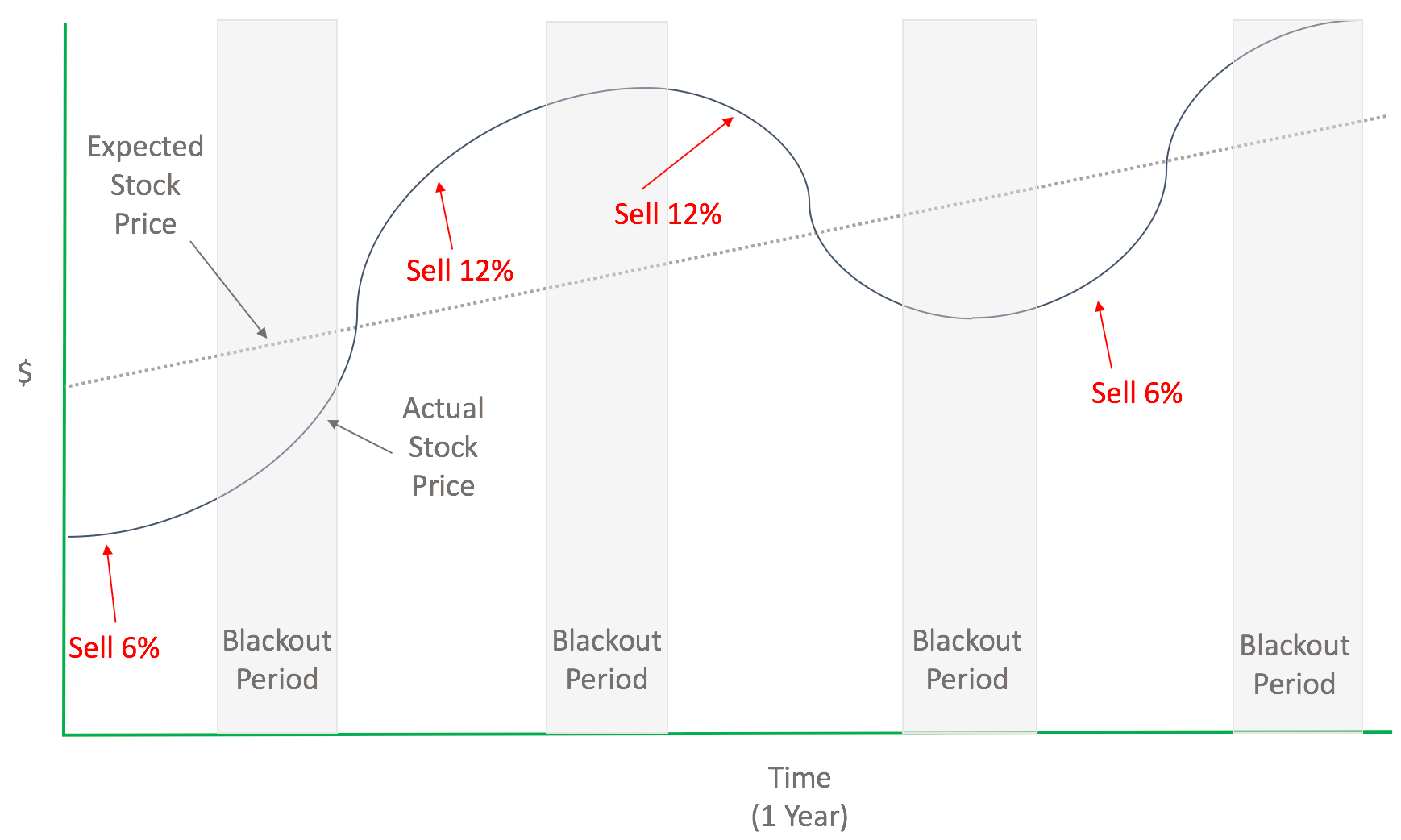How much do I need to save?
It's hard to know how much I need to save
I've been learning a lot about my own financial "standpoint" as I've been writing over the past couple months, and it's been an interesting process. One of the things that I have been thinking about over and over is the amount of money that I'm saving in comparison to my total earnings. How much is "enough"?
The need to save
I think everyone in the personal finance world can agree that most people should be saving at least 16-20% of their gross earnings each year. In other words, if someone makes $100k then they should probably be saving $16-20k. Of course, that assumes someone who wants to retire at 62, which I am definitely hoping to beat by a considerable margin.
On the other side of the spectrum in the #FIRE world, many bloggers that I follow are saving 50-70% of their income each year, which is completely incredible. It's definitely a sacrifice as well: most of them are foregoing comforts or conveniences in their life to arrive at that number.
My own savings goal and retirement goal lies somewhere in the middle. I've basically made a plan that will allow me to live life allllmost the way I want it now, and retire reasonably early as well. It's a compromise on both sides, but it's one that I can live with.
Calculating my savings number
There are three important numbers that I used when computing my own savings number.
First of all, I know I want to retire by 55. I'm currently 31, so that gives me 24 years of investing and saving to arrive at my number. Not bad!
The second number is my expected rate of return. I have a fairly aggressively invested portfolio, but I think it will be hard to beat about 6% over the course of the next 24 years, so that is my expected return.
The third number is my actual number, which I described in great detail earlier. Using my calculator, and punching in a fake $100k income target with a 55 year old retirement date with an aggressive withdrawal rate, I arrive at around $2.4 million. That's a lottttt of money, and to be frank my actual income target is more then $100k, so needless to say I have some saving to do.
Saving each year
Assuming I have $100k saved up already, and a full $18k contribution to my 401k each year, that means I will need to save and invest an additional $20-30k per year in order to reach the $2.4m goal by 55. Take a look at the spreadsheet below which includes investment gains in the "total" calculation. That's a ton of money!
I did experiment with the numbers a little bit and it will actually work better for me to slightly decrease that number in the beginning, and continue to add a little to my savings number each year. In this way I'll start at around $18k and ramp up to almost $35k by the "end" of my saving. Based on my experiences so far I am fairly confident I'll be able to ratchet the savings number each year without too much trouble.
Conclusion
The bottom line is that retirement (whether early or not) requires a massive amount of money. And, the earlier you start the easier it is. If I had been more aggressive when I was younger I might have been able to retire at 50, but now (even with a high savings number) it'll be a stretch to retire by 55. All the same, I have a plan, and I know that I can achieve it, so it's not too bad.





